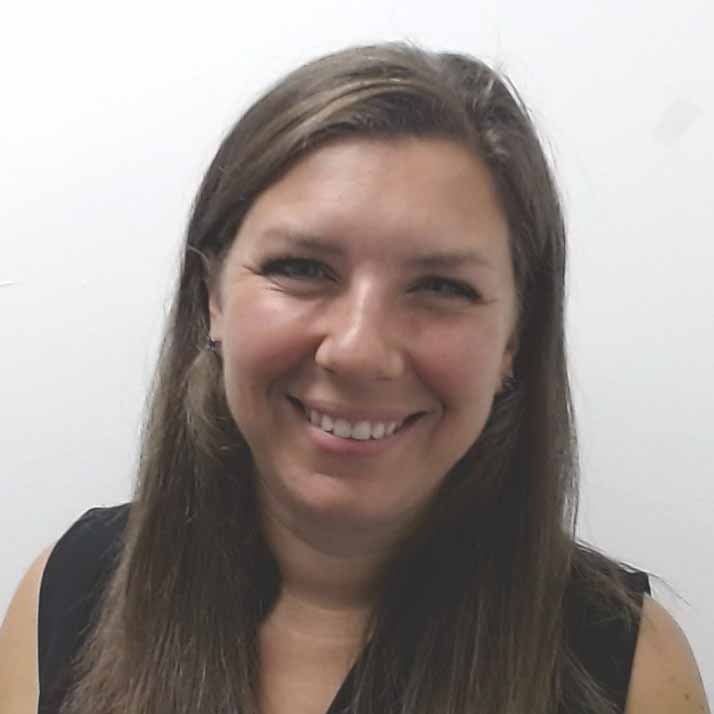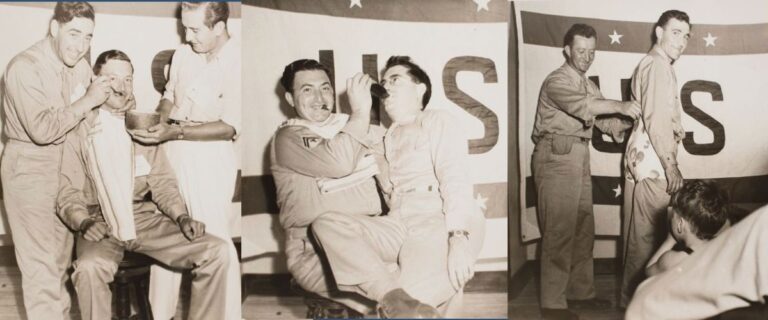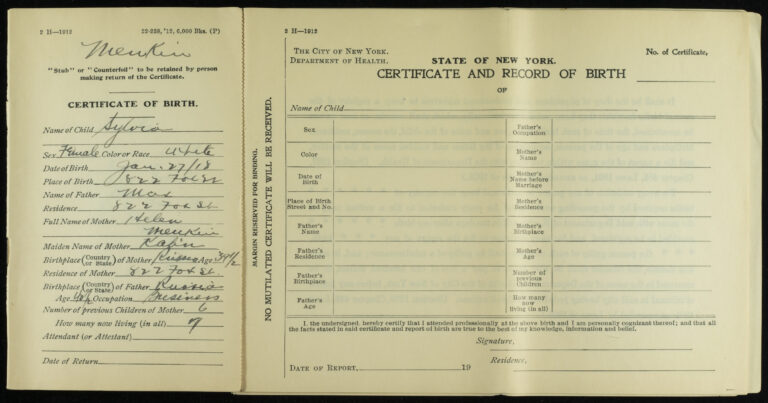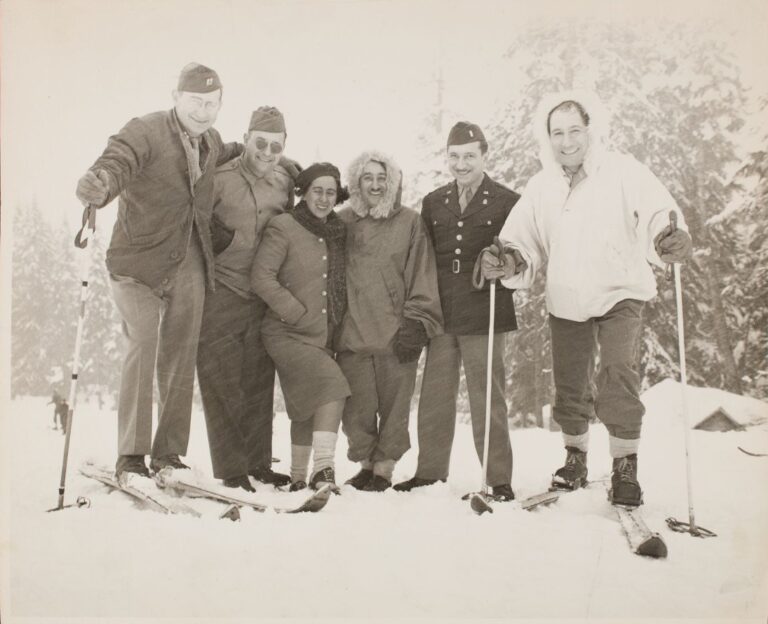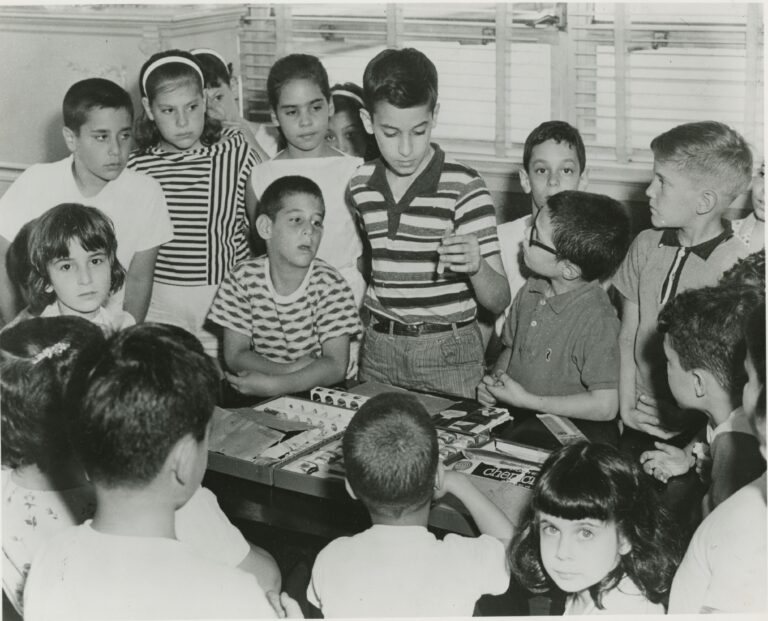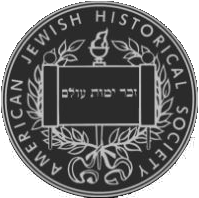In 1863, the nation was in the throes of the Civil War, with a devastating 50,000 casualties at the Battle of Gettysburg in July of that year. This tragedy was very much on President Lincoln’s mind when, on October 3, 1863, he issued a proclamation (penned by Secretary of State William Seward) that is recognized as the beginning of the national Thanksgiving holiday:
I do therefore invite my fellow citizens in every part of the United States, …to set apart and observe the last Thursday of November next, as a day of Thanksgiving… And I recommend to them that while offering up the ascriptions justly due to Him …, they do also, with humble penitence for our national perverseness and disobedience, commend to his tender care all those who have become widows, orphans, mourners or sufferers in the lamentable civil strife in which we are unavoidably engaged, and fervently implore the interposition of the Almighty Hand to heal the wounds of the nation and to restore it as soon as may be consistent with Divine purposes to the full enjoyment of peace, harmony, tranquility and Union.
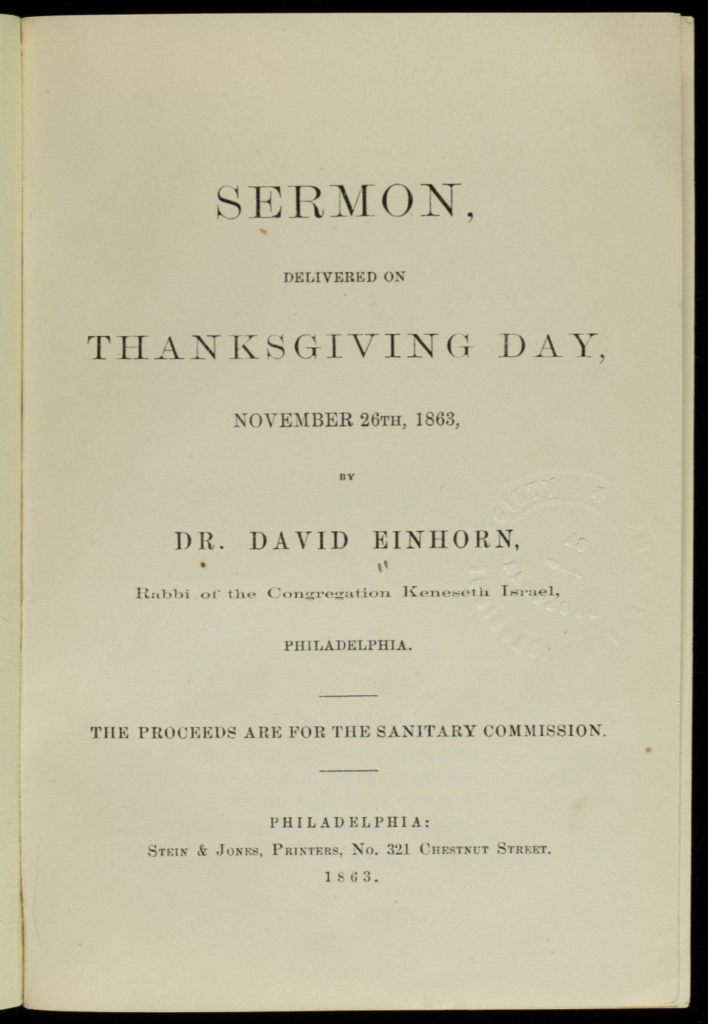
In Philadelphia, the nation’s first capital, Dr. David Einhorn, Rabbi of Congregation Keneseth Israel, delivered a sermon in response to this proclamation. Reflecting on the story of Jacob and Esau, two brothers at war with each other, Rabbi Einhorn makes an impassioned case for the devout to observe Lincoln’s new holiday.
Although the sad spectacle of fratricidal strife has not yet ceased, nor the time arrived, when we may joyfully wave the olive branch of peace, yet if we duly consider all the surrounding circumstances, the dread and apprehension which filled every heart at the commencement of this horrible conflict, we are made to feel the presence of an overruling providence, marvelous to behold.
He likens Jacob to the Union, noting that despite having a formidable enemy in his brother Esau, he never forgot the good things that had been bestowed upon him – and Rabbi Einhorn implores his congregation to acknowledge the same:
He has blessed us with a surplus where want was impending, that might have produced the most dangerous consequences. He has maintained peace and order in our midst during the most violent agitations of party strife, and finally he has granted glorious victories to our armies over a potent enemy. Have we not all yet a vivid recollection of the dread and anguish that overtook us when nearly three years ago the Rebels directed their first murderous thrust against the hearts of their brethren; when for the first time the starry banner, the emblem of a world’s liberation, was desecrated? …
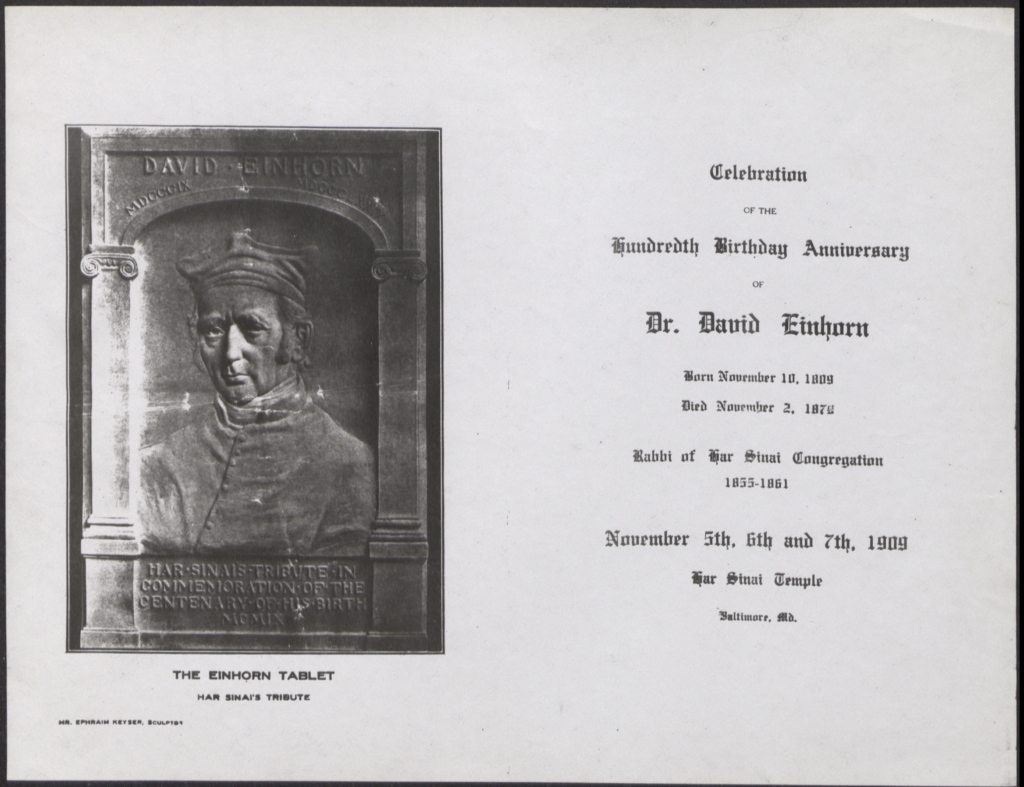
Born in the Kingdom of Bavaria, Rabbi David Einhorn was a leader of Reform Judaism in the United States. He served as the first rabbi of the Har Sinai Congregation in Baltimore, the oldest continuously Reform congregation in the United States, where he created an early American prayer book that was later drawn upon for the 1894 Union Prayer Book. An outspoken opponent of slavery, in 1861 Einhorn delivered a fierce rebuttal to a proslavery sermon by Morris Jacob Raphall, calling slavery “deplorable farce” and declared the peculiar institution to be inconsistent with Jewish values. (We also hold a copy of this volume, The Rev. Dr. M.J. Raphall’s Bible view of slavery, reviewed, call number RARE E449 .E452 1861). Since Maryland was a slave state, he was met with intense blowback, and yet he stood firm in his beliefs. In response to this sermon, a riot broke out as a mob attempted to tar and feather Einhorn, forcing him to flee to Philadelphia. There he became rabbi of Reform Congregation Keneseth Israel, and in 1866 moved to New York City, where he became rabbi of Congregation Adath Israel. When he retired, he was recognized by the Union of American Hebrew Congregations for his rabbinic service. He is buried at Machpelah Cemetery in Queens.
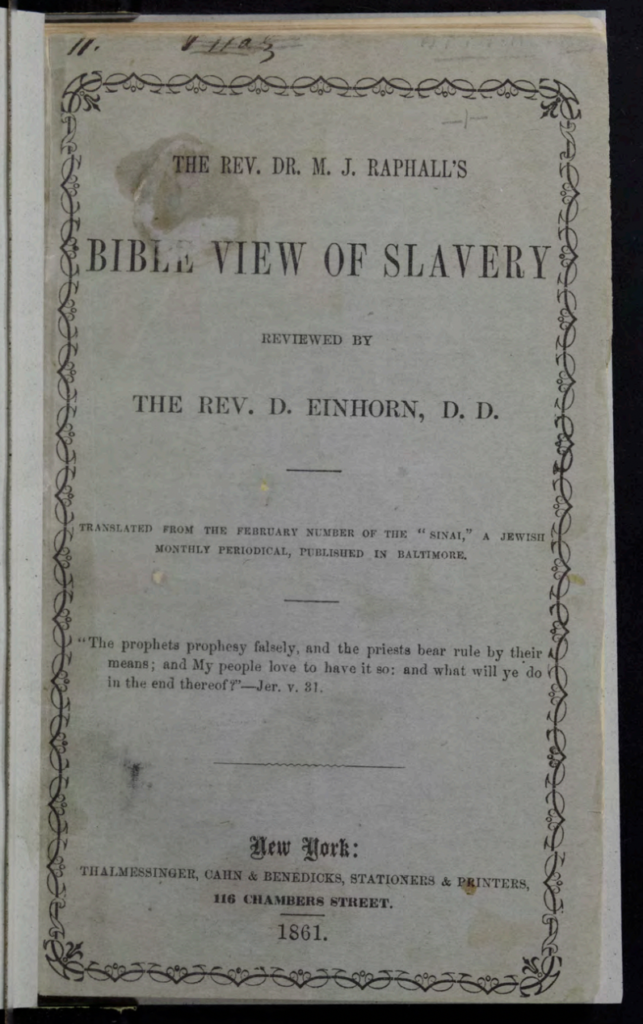
David Einhorn’s grandson is none other than Max Kohler, founding member of the American Jewish Historical Society. Our archives contain some papers related to Dr. Einhorn, in addition to these printed books, including his will (with an inventory of his estate), some correspondence with other important Jewish figures of the day, and other various papers and ephemera, including a program commemorating the 100th anniversary of his birth.

